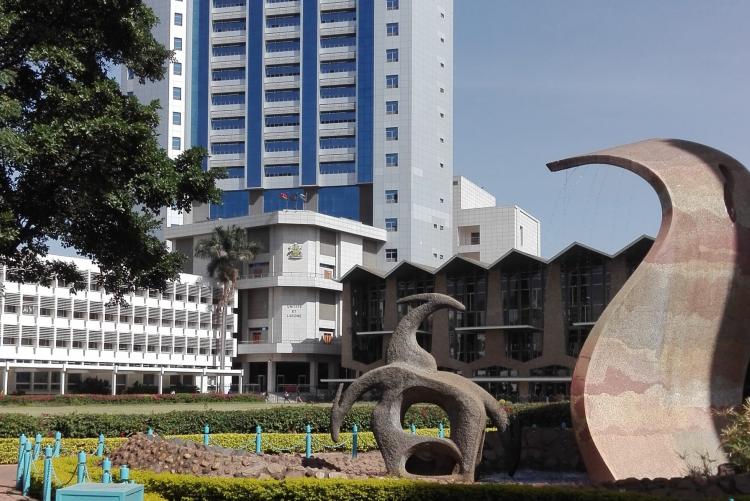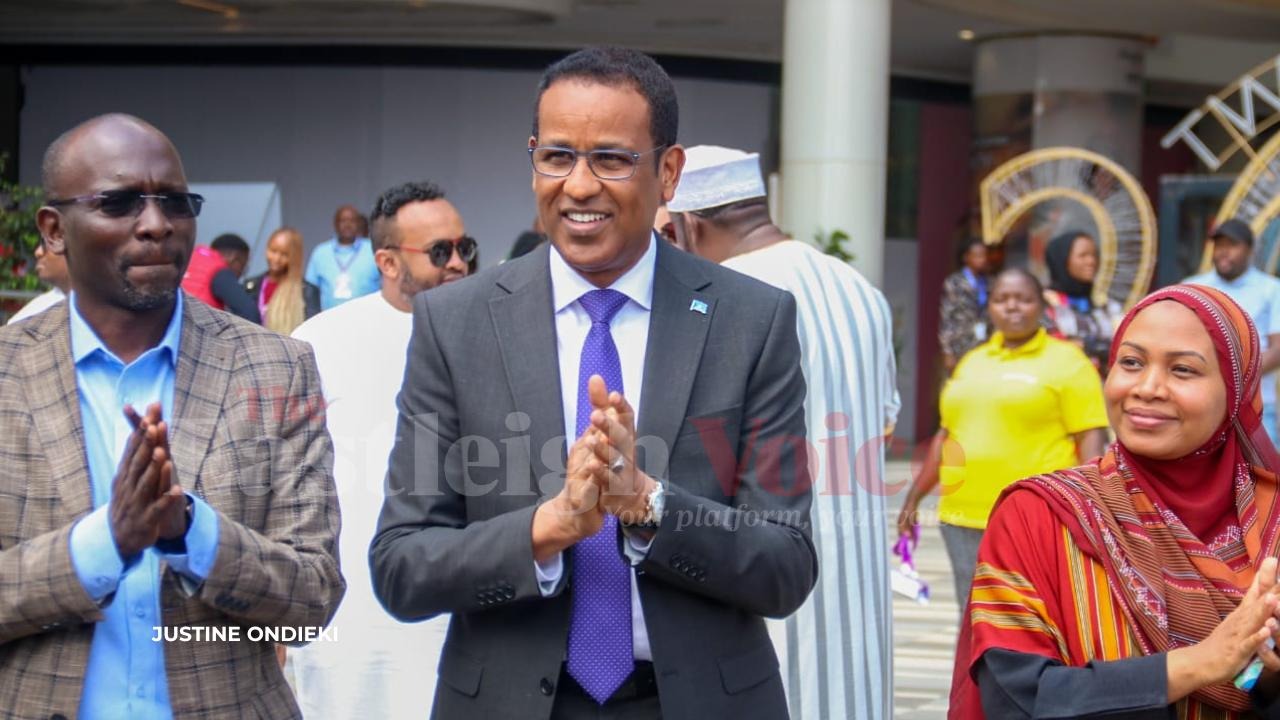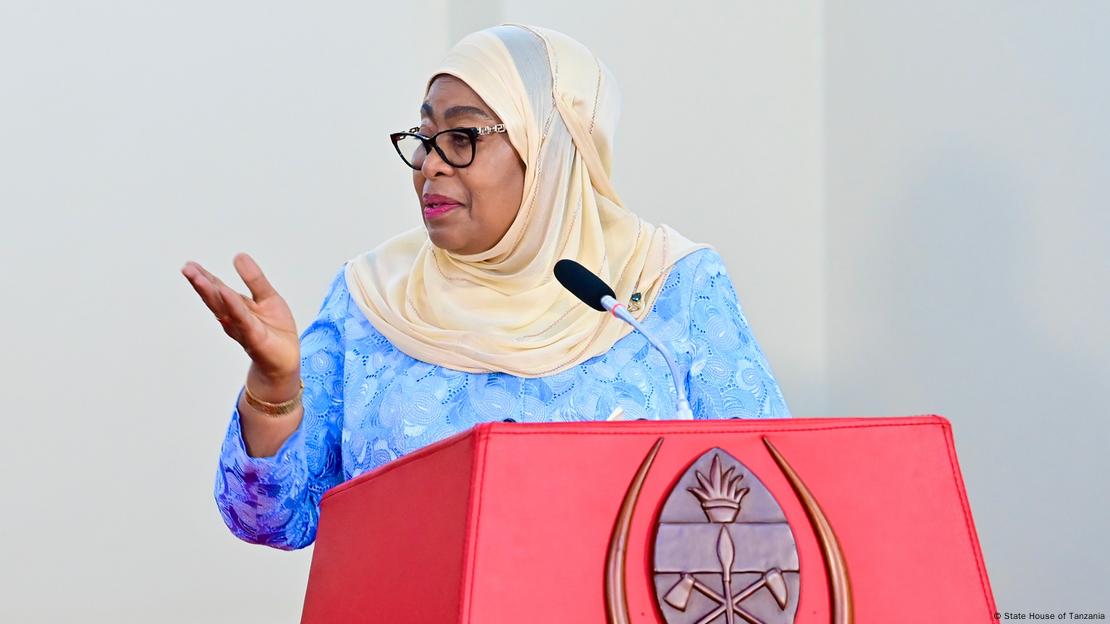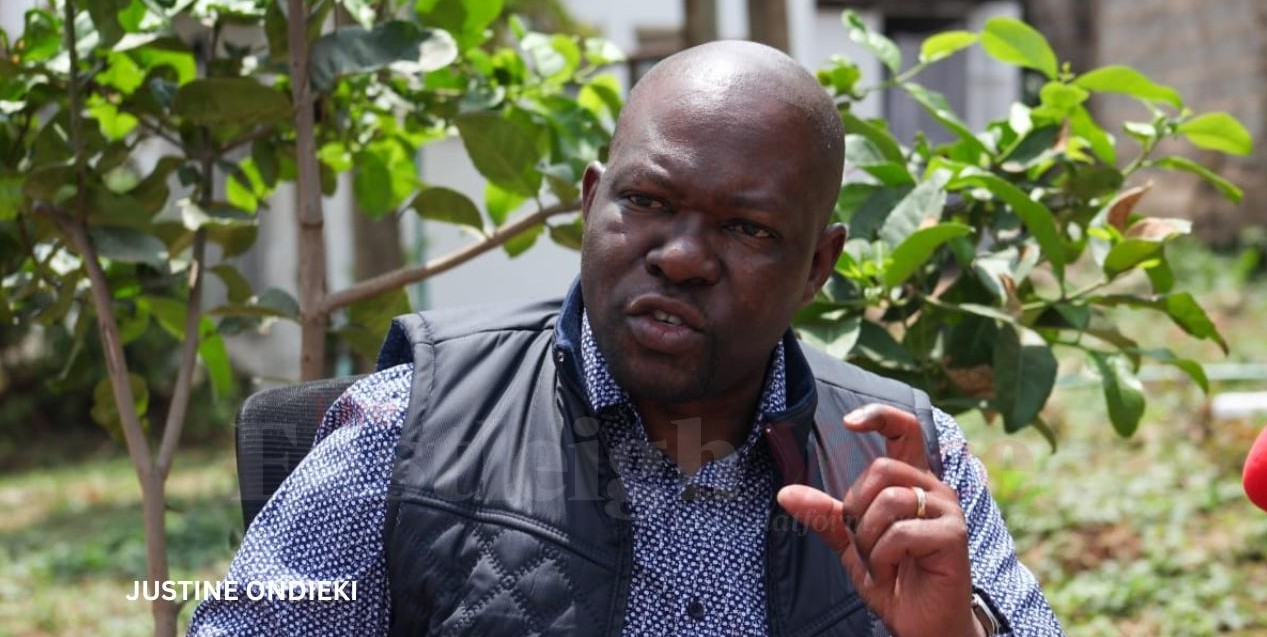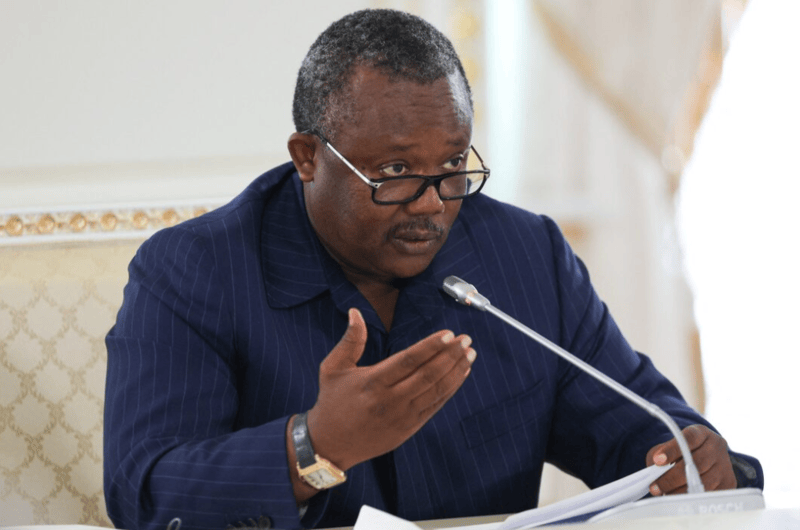Kenya-Uganda reach fuel distribution deal after oil pipeline feud

Ruto says Kenya and Uganda are resolving the issues that had been affecting the flow of petroleum products between the two countries.
Kenya and Uganda have sealed a deal on the fair distribution and pricing of fuel, President William Ruto has announced, noting the two countries are resolving the issues that had been affecting the flow of petroleum products.
Ruto announced this on Monday following a meeting with Ugandan President Yoweri Museveni at his Kisozi country home.
More To Read
- Ruto dismisses claims of Uganda-Kenya rift over Indian Ocean access, urges media to stop negative narratives
- Museveni roots for unified East African military to address security threats
- Museveni clarifies Indian Ocean comments after Kenya downplayed war talk
- Legal storm brews over Kenya’s cyber law as petitioners cry foul on privacy and expression
- Uganda clears eight candidates for 2026 presidential poll, Museveni, Wine to face off again
- TIFA survey: UDA most popular party at 16 per cent, ODM second with 13 per cent
A statement said the new formula would see neighbouring countries benefit in terms of adequate distribution of fuel products.
"We have agreed on a way forward of sourcing and scheduling imports for the region in a manner that will ensure we achieve the most competitive pricing and maximum logistical efficiency," Ruto said.
He added that they discussed the need for Kenya and Uganda to urgently pursue the design and construction of the Eldoret-Kampala-Kigali refined petroleum products pipeline.
This comes after Uganda took Kenya to the East African Court of Justice for denying the Uganda National Oil Company (UNOC), a government-owned oil marketer, the licence to operate as an Oil Marketing Company (OMC) in Kenya and handle fuel imports headed to Kampala.
Uganda wanted to use the Kenya Pipeline Company's infrastructure to transport its fuel from the Mombasa port to Kampala, but Kenya said last September that it was concerned the move would displace local oil marketing companies.
Museveni's country currently buys 90 per cent of its fuel via Kenya and 10 per cent through Tanzania.
Following the disagreement, Uganda has signed a five-year contract with Vitol Bahrain, from which the UNOC would directly source fuel, and Museveni has also considered using the Port of Dar es Salaam for its fuel imports.
Uganda and Kenya agreed to jointly build the Uganda-Kenya Crude Oil Pipeline (UKCOP) in 2014 but this was later abandoned for the East African Crude Oil Pipeline (EACOP), also known as the also known as the Uganda–Tanzania Crude Oil Pipeline.
Eighty per cent of the 1,443 km crude oil pipeline, conceptualised in 2013, is in Tanzania. It will transport oil produced from the Lake Albert oilfields in Uganda to the port of Tanga in Tanzania, for sale to world markets.
"It is a buried thermally insulated 24″ pipeline along with six pumping stations - two in Uganda and four in Tanzania - ending at Tanga with a terminal and a jetty," a project description states. "The pipeline is buried and once topsoil and vegetation have been re-instated people and animals will be able to cross freely anywhere along its length."
In Uganda on Monday, Ruto also met with Museveni and Raila Odinga, leader of the opposition's Azimio la Umoja coalition and the Orange Democratic Movement (ODM), and lobbied for support for Raila's bid to succeed Chadian Moussa Faki Mahamat next February as chair of the African Union Commission (AUC).
Top Stories Today
